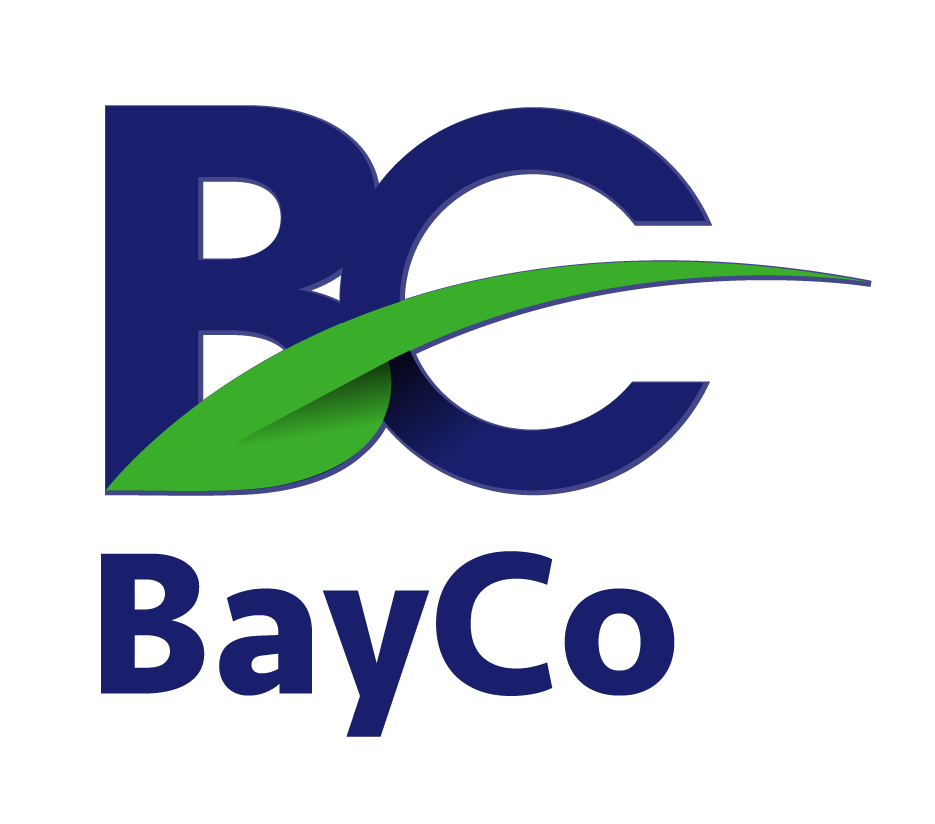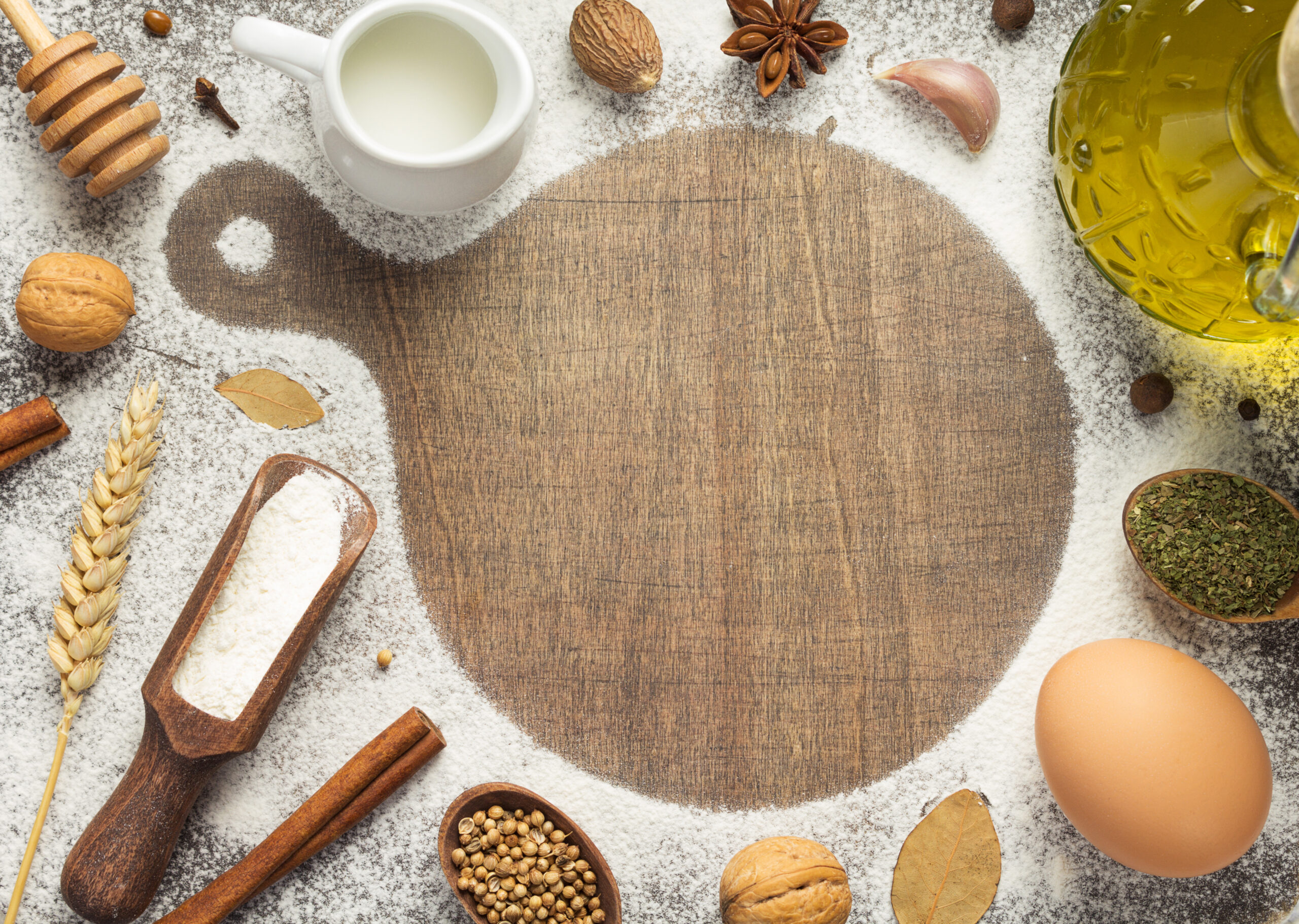YOUR CUSTOMERS CAN’T GET ENOUGH ORGANIC PRODUCTS
LET BAYCO BE YOUR TRUSTED ORGANIC SOURCING PARTNER
Consumer demand for organic, Non-GMO and clean label products continues to increase. Bayco has kept pace with this trend by maintaining its same basic business principle of globally sourcing high-quality ingredients. In order to offer customers most competitive pricing:
- Bayco directly imports from over two dozen countries around the world.
- We offer complete traceability for all of our products and diligence in assuring that our suppliers comply
as we do. - Our team consistently provides our customers with the timely documentation to facilitate compliance with today’s regulations and policies.
- We have adequate resources and are the appropriate size respond quickly to your needs and procure larger volumes to provide our customers excellent prices.
Organic Market Overview
- Consumer demand for organically produced goods continues to show double-digit growth.
- Organic products are now available in nearly 3 out of 4 conventional grocery stores.
- Organic Sales Widen in All Food Categories
- Organic bread/grain account for 9% of U.S. organic food sales.
- Most organic food sales (93 percent) take place through conventional and natural food supermarkets and chains.

- Organic Consumers Are Increasingly Mainstream
- Consumers prefer organically produced food because of concerns regarding:
- Health
- Environment
- Animal Welfare
- Consumers show a willingness to pay for the price premiums established in the marketplace.For additional information, go to USDA Economic Research Service webpage
Benefits of Organic Farming
Biodiversity: Organic farming demonstrates clear advantages for biodiversity over conventional farming. Depending on altitude, organic farms have between 46 and 72 percent more semi-natural habitats and host 30 percent more species and 50 percent more individuals than non-organic farms.
Soil Health: Organic farming is agriculture that makes healthy food, healthy soils, healthy plants, and healthy environments a priority, along with crop productivity. Organic farmers use biological fertilizer inputs and management practices such as cover cropping and crop rotation to improve soil quality and build organic soil matter. By increasing the amount of organic matter in the soil, organic farmers enhance the soil’s ability to absorb water, reducing the impacts of drought and flooding. Improving soil organic matter also helps it to absorb and store carbon and other nutrients need to grow healthy crops, which, in turn, are better able to resist insects and diseases.
Natural Methods: Conventional farming typically uses minimal crop rotations, growing the same single crop year after year on the same land. This practice, known as mono cropping causes the depletion of nutrients and minerals. In order to continue growing crops in this depleted soil, nutrients and minerals must be added back in the form of hydrocarbon based fertilizers and mined minerals such as phosphate. Conventional GM farming is dependent on earth-based non-renewable resources. Monocultures and the resulting poor health open the way for infestations of insects, diseases and weeds. Healthy bio-diverse soil keeps these infestations in check. The lack of biodiversity requires synthetic pesticides and herbicides to be used, further destroying the national soil biology
Sustainability: Economic values have a large impact on the relationship between farmers and consumers. The more product farmers grow or raise, the more consumers purchase, and the more the price goes down. For this reason, consumers usually purchase food items from grocery stores that are farmed by traditional means due to the lower price.
Traditional agriculture serves its purpose and can feed large quantities of people in a short amount of time. However, these results are achieved by the use of various pesticides and chemicals to keep the level of insects at a minimum. While this method may be speedy, it sometimes delivers unwanted results, such as ruined soil and the risk of disease in humans.
Sustainable agriculture involves a more environmentally friendly and socially responsible form of agriculture that’s also a “way of life” that modern farmers are beginning to incorporate into all aspects of their operations.
“Sometimes finding a rare item for a customer may not be profitable for us. Doesn’t matter – If we find it, we have a customer for life.”
CONTACT
Email: CustomerService
Phone: (510) 489-1882
Toll Free: (800) 732-6698
Fax: (510) 489-8003
Address:
30900 Huntwood Ave.
Hayward, CA 94544

